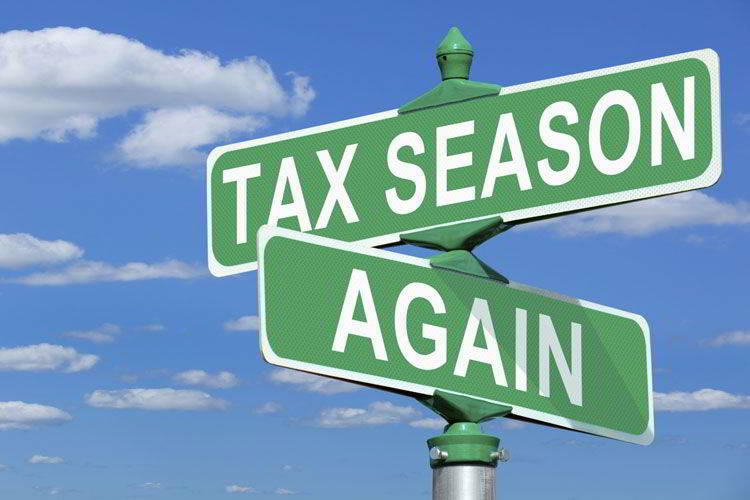
With a General Election looming in May, we’re seeing plenty of speculation as to what changes a Labour government might introduce to the UK property market. These range from the proposed Mansion Tax to possible new rent controls and the introduction of three-year tenancies. The good news is that none of this is decided – this election is too close to call and we will simply have to wait and see who wins.
But the current government has introduced a number of changes to the current tax regime so here is our guide to the changes that are being implemented – and a brief look ahead to changes that might take place under a new Labour government.
Changes to the tax regime in 2015
Capital Gains Tax
Capital Gains Tax (CGT) will be introduced for overseas property owners from April 6th 2015. It will apply to future gains from April 2015, with previous gains (before April 2015) exempt. This brings the treatment of the sale of UK residential property by non-residents in line with that of UK residents.
For non-resident companies, the tax will be charged at 20%, the same as the Corporation Tax rate for UK companies, with an indexation allowance to account for inflation. The rate for non-resident individuals will be the same as for UK residents, 18% or 28%, depending on total UK income and gains in the tax year of disposal. There will be an annual exemption, which currently stands at £11,000. You can find more information on CGT here.
Annual tax on enveloped dwellings (ATED)
This annual charge will apply to anyone owning a UK residential property which is valued at over £2m through a corporate or similar entity. There is no tax payable if the property is let, although property owners must submit an ATED return. The threshold for ATED is reducing to £1m from April 2015 and again in April 2016 to £500,000.
And the uncertainties?
Mansion Tax
The Labour Party has stated that if it comes to power in the 2015 election, it plans to introduce a Mansion Tax on properties valued at over £2m. Whilst there has not been a lot of information released regarding the details of this tax, we have been told it would be no more than £3,000 per annum for properties valued between £2m and £3m.
Rent caps
High rental demand has prompted some politicians to call for a rent cap and a Labour government could put forward a proposal for three year tenancies, with only limited rent rises in line with inflation allowed during that period.
Our view
The lead-up to a General Election is always a time of uncertainty. While some changes to the tax system are as yet undecided and will depend on who wins the General Election, we firmly believe that both London and the UK generally will continue to see strong tenant demand and so offer excellent potential for landlords.
As always, investors should focus on choosing a solid property investment, with a view on long-term gains. A good property in a location where there is high tenant demand should be an investor’s priority. It is inevitable that a country’s tax and political systems will change over the years but a healthy rental income and steady capital growth outweigh these changes. For more news in regards to investing in the London property market sign up to our Investor reports here.
For more detailed tax advice for landlords, contact our Accounts Team on 020 73199 736 or browse through our Landlord Resources page.
International offices















